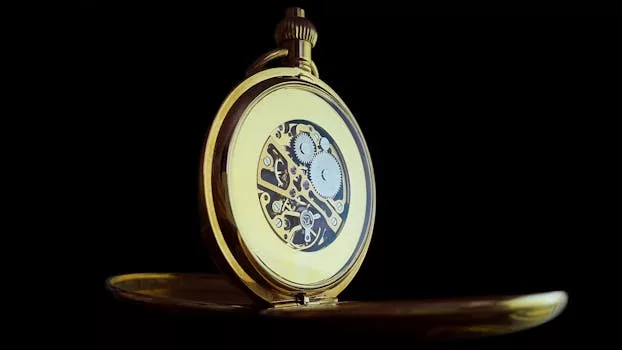
Technological Innovations Shaping 2025: A New Era of Progress
Technological innovations are shaping 2025 and transforming the world as we know it. From artificial intelligence and machine learning to the Internet of Things (IoT) and 5G networks, these innovations are revolutionizing industries and changing the way we live and work.
Artificial Intelligence and Machine Learning
Artificial intelligence (AI) and machine learning (ML) are two of the most significant technological innovations shaping 2025. AI refers to the development of computer systems that can perform tasks that would typically require human intelligence, such as learning, problem-solving, and decision-making. ML is a subset of AI that involves the use of algorithms and statistical models to enable machines to learn from data and improve their performance over time.
AI and ML are being applied in a wide range of industries, including healthcare, finance, transportation, and education. For example, AI-powered chatbots are being used to provide customer support and answer frequently asked questions, while ML algorithms are being used to analyze medical images and diagnose diseases.
Internet of Things (IoT)
The Internet of Things (IoT) refers to the network of physical devices, vehicles, and other items that are embedded with sensors, software, and connectivity, allowing them to collect and exchange data. The IoT is transforming the way we live and work, from smart homes and cities to industrial automation and transportation systems.
The IoT is also enabling new business models and revenue streams, such as pay-per-use and subscription-based services. For example, companies like Zipcar and Car2Go are using IoT sensors and connectivity to provide car-sharing services, while companies like Philips and GE are using IoT sensors and data analytics to provide predictive maintenance and energy management services.
5G Networks
5G networks are the next generation of wireless network technology, offering faster data speeds, lower latency, and greater connectivity than previous generations. 5G networks are expected to revolutionize industries such as healthcare, finance, and transportation, by enabling new use cases such as remote surgery, autonomous vehicles, and smart cities.
5G networks are also expected to enable new business models and revenue streams, such as edge computing and IoT services. For example, companies like Verizon and AT&T are using 5G networks to provide edge computing services, which enable data processing and analysis at the edge of the network, reducing latency and improving performance.
Conclusion
Technological innovations are shaping 2025 and transforming the world as we know it. From AI and ML to the IoT and 5G networks, these innovations are revolutionizing industries and changing the way we live and work. As we look to the future, it is clear that technological innovations will continue to play a major role in shaping our world and driving progress.
Future of Technological Innovations
The future of technological innovations is exciting and uncertain. As we look to the future, it is clear that technological innovations will continue to play a major role in shaping our world and driving progress. Some of the emerging technological innovations that are expected to shape the future include quantum computing, blockchain, and augmented reality.
Quantum computing refers to the use of quantum-mechanical phenomena, such as superposition and entanglement, to perform computations. Quantum computing has the potential to solve complex problems that are currently unsolvable with traditional computers, and is expected to have a major impact on industries such as healthcare, finance, and transportation.
Blockchain refers to a distributed ledger technology that enables secure, transparent, and tamper-proof transactions. Blockchain is expected to have a major impact on industries such as finance, supply chain management, and healthcare, by enabling secure and transparent transactions and data sharing.
Augmented reality (AR) refers to the use of technology to enhance the real world with virtual information and objects. AR is expected to have a major impact on industries such as education, entertainment, and healthcare, by enabling new forms of interactive and immersive learning, entertainment, and treatment.





